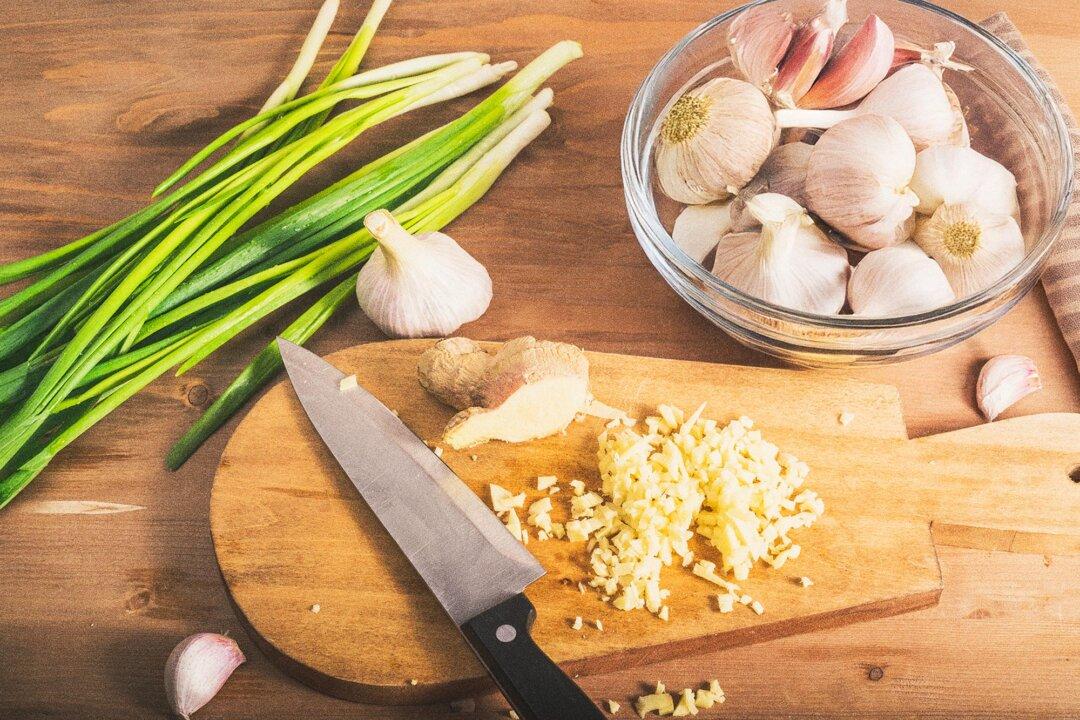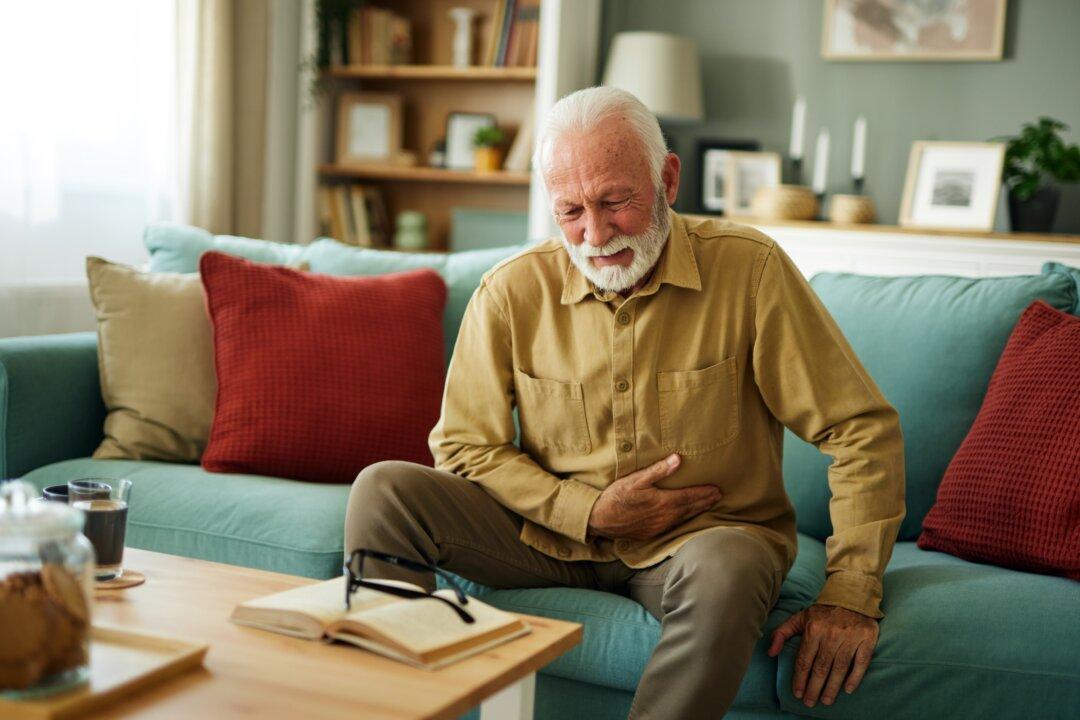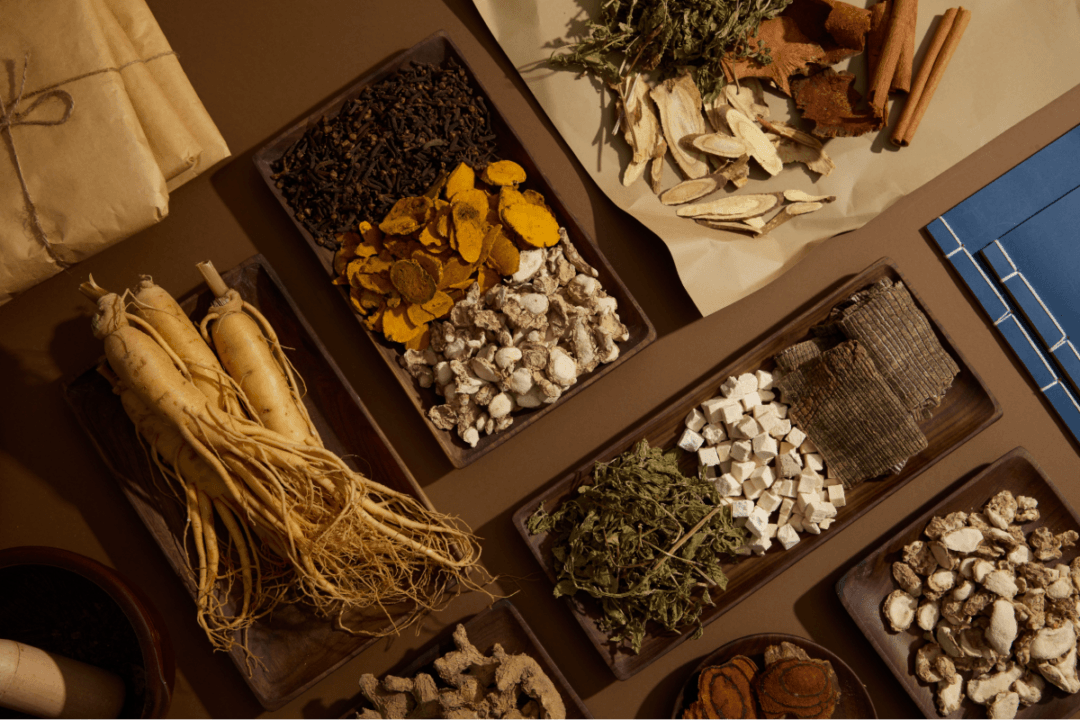Causes of High Blood Pressure
Hu says that TCM believes there are different reasons for high blood pressure, for example, negative emotions can lead to hypertension.The findings show that blood pressure increases with negative emotions (such as feeling angry) and decreases with positive emotions (such as feeling contentment).
Hu suggested that everyone should begin to change their negative perceptions of high blood pressure. “You should be grateful for your high blood pressure. It is helping you, not hurting you.”
For example, the heartbeat increases with pain, stress, and worries, causing an increase in the activity of the sympathetic nervous system, resulting in vasoconstriction and elevated blood pressure. In this case, we should work to eliminate pain, tension, and worries, which will cause blood pressure to naturally return to normal.
Stroke Risk From High Blood Pressure Medications
The fast-paced way of life seen in the modern-day population can easily cause blood pressure to soar. Some people get nervous when they see high blood pressure, so they quickly turn to drugs to lower it. In this regard, Hu suggests that patients should first consult a doctor to determine if an antihypertensive drug is suitable for their situation.Hu reminded patients that it is dangerous to indiscriminately take medicine to lower blood pressure. He also said that the more drugs you take, the less chance that the blood can reach the brain and internal organs, which can lead to symptoms such as back stiffness, soreness, and dizziness. He emphasized that if you blindly take antihypertensive drugs to lower blood pressure too much, it can lead to cerebral thrombosis or other kinds of stroke.
Pressing Two Acupoints to Control Blood Pressure: Chize and Jianzhong
Hu pointed out that blood pressure increases when the body is working harder to transport blood to the brain. Taking drugs that expand blood vessels is a good way to help blood flow. After achieving this objective to let blood flow easier to the brain and various organs, blood pressure will naturally come down.Pressing corresponding acupoints, as suggested in TCM, can also help dilate blood vessels, improve carotid artery blockage, reduce blood pressure, and allow blood to flow unimpeded. At the same time, the patient’s neck stiffness and headache can also be relieved, and the symptoms of dizziness are less likely to occur.
Hu said that the two key acupoints in this respect are called Chize and Jianzhong. When your palm is facing the ceiling, the Chize acupoint is located on the horizontal crease of the elbow, along the line of the thumb. The Jianzhong acupoint is located three fingers down from the shoulder (outside). When you feel that your body has an insufficient blood supply to the brain, such as neck stiffness, you can try to press the Chize and Jianzhong points. Doing so will help lower blood pressure, even without taking antihypertensive drugs.


Frequent Dizziness: an Important Warning Signal
Hu reminded everyone not to be complacent about the symptoms of dizziness, as severe cases may lead to seizures or even death. According to his analysis, the common causes of dizziness in people are either postural cerebral ischemia or anemia.Hu said that dizziness is only a symptom rather than a disease. TCM can solve dizziness by dilating blood vessels or replenishing blood in order to achieve enough blood flow to the brain to relieve the condition and avoid danger. When an anemic person suffers from dizziness due to insufficient cerebral blood supply, they should immediately adopt a sitting or lying flat position to allow blood to flow quickly into the brain.

Hu recommended several commonly used prescriptions, such as Radix Puerariae Decoction, which has the effect of dilating blood vessels, and Notopterigium and Tuhuo Decoction. But he reminded patients to ask a doctor to prescribe the most suitable combination for them.
He also recommends Bazhen (eight combinations) Decoction, which can help provide sufficient blood to send to all parts of the body and stop blood pressure from rising too much. The ingredients of Bazhen Decoction include ginseng, Poria cocos, Atractylodes macrocephala, licorice, Angelica sinensis, Chuanxiong Rhizoma, Rehmannia glutinosa, and white peony root.
Some of the previously mentioned herbs may sound unfamiliar, but many are available in health food stores and Asian groceries. In addition, because each person’s physique is different, the corresponding treatment methods are also different. Please consult a professional physician for specific treatment plans and prescriptions.




